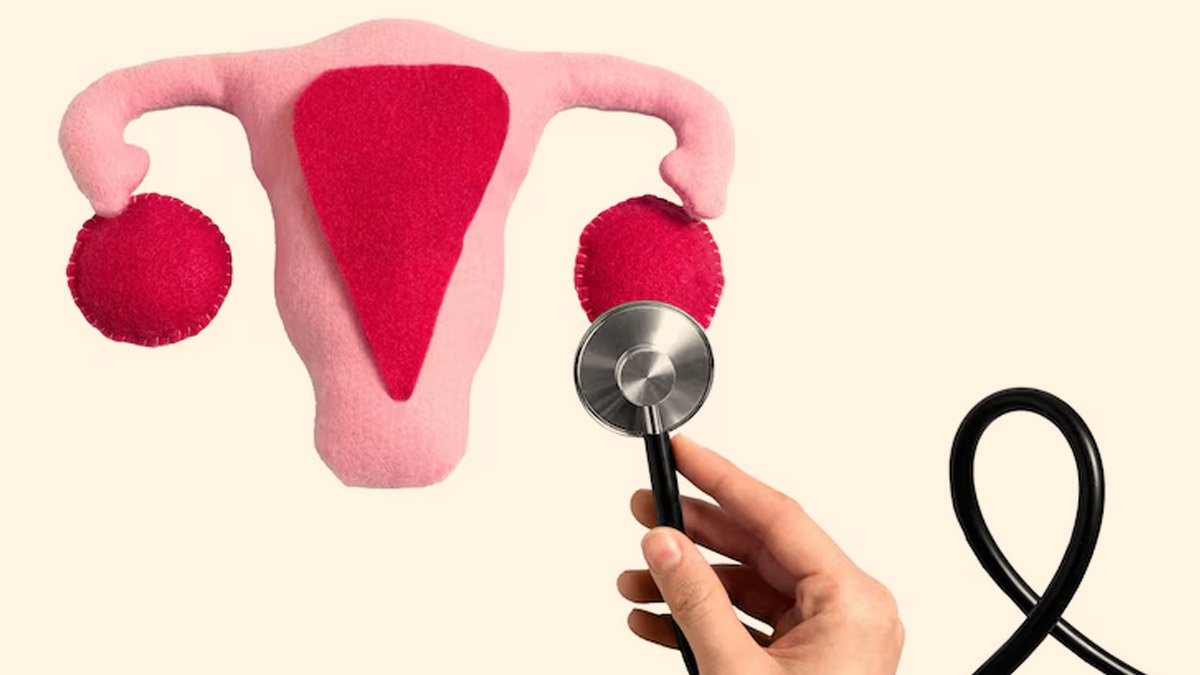
Polycystic Ovary Syndrome (PCOS) is a common hormonal disorder that affects millions of women worldwide. Despite its prevalence, many women struggle with knowing when to get tested and how to manage the condition effectively. Understanding the different types of PCOS and the appropriate times to seek medical advice can be crucial for early diagnosis and effective treatment. This article delves into the types of PCOS, the dos and don'ts for managing symptoms, and provides guidance on when to consider testing. Whether you're experiencing symptoms or simply want to be informed, this guide aims to offer clarity and support for navigating PCOS.
Table of Content:-
To understand when to get tested for PCOS, OnlyMyHealth team interacted with Dr Neha Khandelwal, Director of the Department of Obstetrics and Gynecology at Cloudnine Group of Hospitals, New Delhi.
According to Dr Khandelwal, it's important to get tested for PCOS if you exhibit symptoms or have risk factors for the condition. “Through an ultrasound Polycystic Ovaries or Enlarged ovaries containing multiple small cysts can be identified,” she said. Here are some key indicators listed by Dr Khandelwal:

Symptoms
Irregular Menstrual Cycles: Infrequent, irregular, or prolonged menstrual periods.
Excess Androgen: Elevated levels of male hormones causing physical signs such as excess facial and body hair (hirsutism), severe acne, and male-pattern baldness.
Weight Gain: Unexplained weight gain or difficulty losing weight.
Infertility: Difficulty getting pregnant due to irregular ovulation or lack of ovulation.
Darkening of Skin: Especially around the neck, groin, and under breasts.
Skin Tags: Small excess skin growths in armpits or neck area.
Also read: Can You Have PCOS Even When You Get Your Periods Regularly?
Types of Tests for PCOS

PCOS diagnosis can be done through various methods. Here are some types of PCOS tests given by Dr Khandelwal.
Medical History and Physical Exam:
- Assessment of symptoms, menstrual cycle irregularities, and physical signs of high androgen levels.
Blood Tests:
- Hormone Levels: Measuring levels of androgens, insulin, and other hormones.
- Glucose Tolerance Test: To check for insulin resistance or diabetes.
- Lipid Profile: To measure cholesterol and triglyceride levels.
Ultrasound:
Transvaginal Ultrasound: To examine the ovaries for the presence of cysts and to assess the thickness of the endometrial lining.
Cost of Tests
- Consultation Fee: Varies based on location and healthcare provider INR 800 to INR 1500
- Blood Tests: Hormone panel and glucose tolerance tests can range from INR 2000 TO INR 5000
- Ultrasound: Typically costs between INR 500 TO INR 2000
Also read: How To Treat PCOS Without Birth Control Pills?
Dos and Don'ts Before Testing

Dos:
Maintain a Balanced Diet: Eat a healthy, balanced diet leading up to your tests to ensure accurate results.
Inform Your Doctor of Medications: Provide a list of all medications and supplements you are taking, as some can affect test results.
Follow Fasting Instructions: If undergoing blood tests for glucose or insulin, follow any fasting instructions provided by your healthcare provider.
Document Symptoms: Keep a detailed record of your menstrual cycle, symptoms, and any other relevant health information to discuss with your doctor.
Don’ts:
Avoid Unnecessary Medications: Do not take any over-the-counter medications or supplements that could interfere with test results unless prescribed by your doctor.
Avoid Excessive Exercise: Intense physical activity can affect hormone levels, so moderate your exercise routine before testing.
Don’t Ignore Symptoms: Do not dismiss or overlook symptoms of PCOS, as early diagnosis and treatment can help manage the condition effectively.
Avoid Caffeine and Sugar Before Tests: These can affect certain blood tests, so it’s best to avoid them if instructed to fast.
Conclusion
If you suspect you have PCOS based on symptoms or risk factors, it’s important to seek medical advice. Testing involves a combination of medical history, physical examination, blood tests, and ultrasound. Costs can vary, but insurance may cover part of the expenses. Proper preparation can help ensure accurate test results and a timely diagnosis, leading to better management of the condition.
Also watch this video
How we keep this article up to date:
We work with experts and keep a close eye on the latest in health and wellness. Whenever there is a new research or helpful information, we update our articles with accurate and useful advice.
Current Version